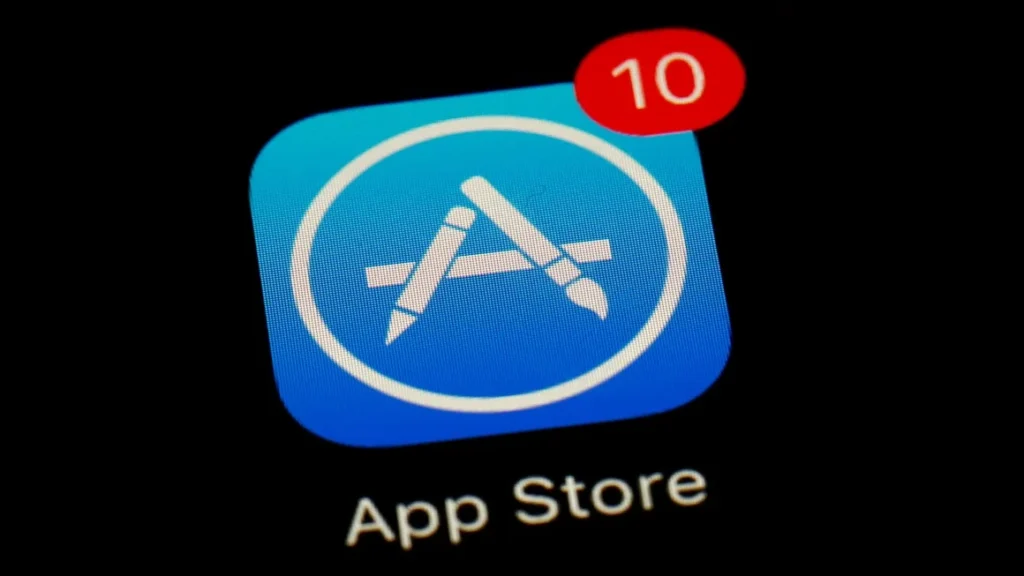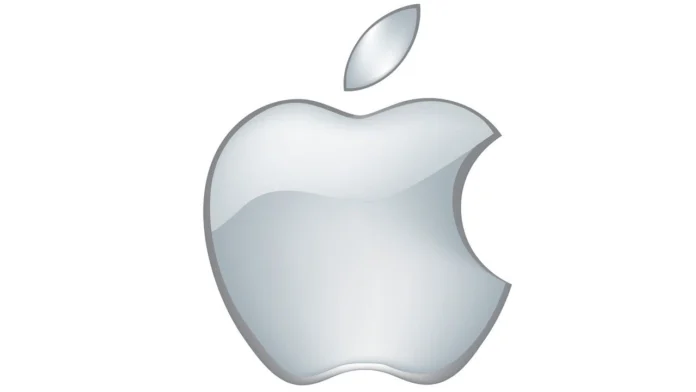From, United States
A major shift has occurred in the ongoing legal battle between Apple and Epic Games. A new ruling by U.S. District Judge Yvonne Gonzalez Rogers marks a turning point in how Apple handles external payment systems in its App Store. From now on, Apple can no longer take a cut from purchases made through external links or dictate how those links appear inside apps distributed in the U.S. iOS App Store.

This legal fight has been active for over four years. While Apple had the upper hand in earlier decisions, the recent judgment favors developers. For many, especially smaller companies, the change feels overdue.
The court made it clear: Apple is not allowed to charge fees or commissions on transactions that happen outside its app ecosystem. Developers are now free to design, format, and position external payment buttons or links as they see fit. The ruling also blocks Apple from using alarming messages to discourage users from leaving the app for third-party sites. Only a neutral notice is allowed.
The trial uncovered uncomfortable details. Apple’s VP of Finance, Alex Roman, was found to have given false testimony under oath. At the same time, Apple CEO Tim Cook decided to fight the court’s 2021 ruling, even though Apple executive Phil Schiller disagreed with this move internally.
Apple released a statement saying: “We don’t agree with this ruling. We’ll follow the court’s order, but we plan to appeal.”
For years, Apple required developers to use its payment system for all transactions, taking a 30% cut from both app purchases and in-app sales. Even after being told to allow external payment options, Apple imposed a 27% commission on those as well and displayed warnings to users attempting to use them.
Epic Games is not the only company affected. Spotify, which has also challenged Apple’s policies, welcomed the court’s decision. Both companies plan to revise their apps in light of the ruling.
The result may change how apps work on iPhones in the U.S. For developers, it’s a chance to build fairer business models. For Apple, it raises serious questions about long-standing policies that have faced increasing scrutiny.
